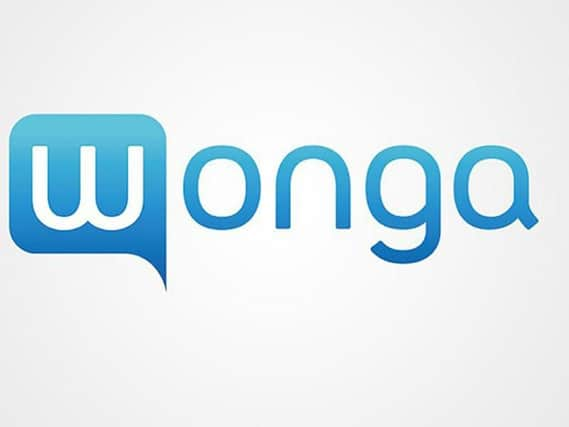Wonga customers who were mis-sold loans set to get just 4.3 per cent of cash owed


Administrator Grant Thornton, who took on the payday lender when it collapsed in 2018, said that the value of the claims "significantly exceeded" the amount of cash available to be paid out to former Wonga customers.
In 2014, the Financial Conduct Authority (FCA) found the firm had lent money to many people who would never be able to repay, prompting a crackdown on the sector.Administrators have since received 380,000 eligible claims against the business worth £460m in total - averaging £1,200 a claim.
Advertisement
Hide AdAdvertisement
Hide AdOne Twitter user, Andrea Price, wrote: "What an absolute joke Wonga being told I was due a refund of £1,200 I now have an email telling me I’ll get £7.11!! It’s an insult!! And I have to wait four weeks having been told compensation would be paid by 30th January!!"
Another customer, Andrew Thrussell, wrote: "£104 compensation from agreed £2.5k. #wonga Now, I know the initial contact stated the final sum would be considerably lower, but why did they bother specifying the full value? An email out of the blue today saying I'm receiving £104 would have gratefully received!! Cheers Wonga!
A spokesman for Grant Thornton said: "As the joint administrators have explained throughout the course of the administration, the final dividend payment is significantly smaller than accepted claim values, owing to the fact that the total value of all accepted claims significantly exceeded the money available to be shared out."
Figures analysed last year found that the number of payday loans being issued is falling dramatically. The report, published in December by income streaming app Wagestream found that the number of loans issued in the last quarter fell 37 per cent year on year.